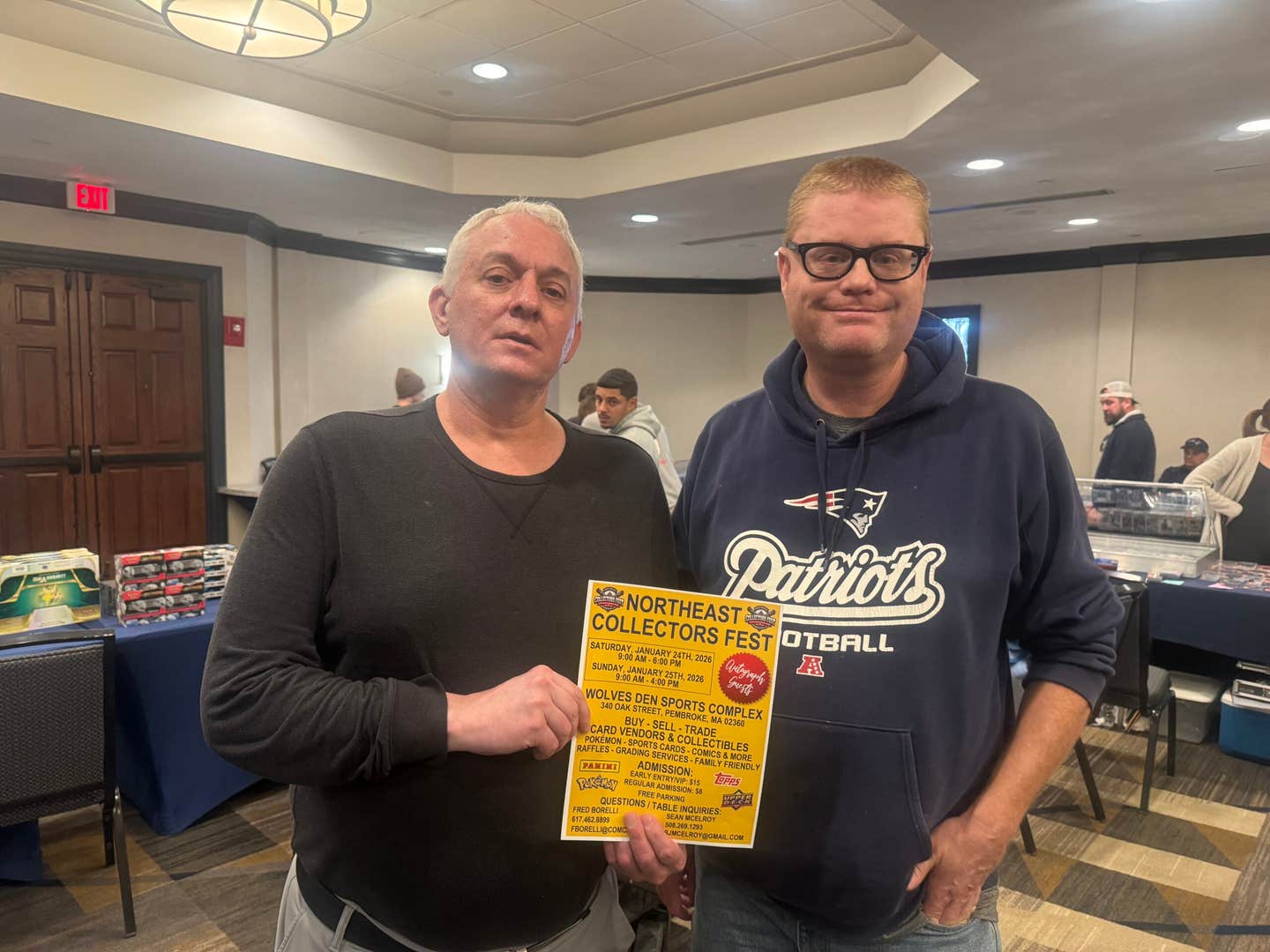News
When Koufax passed on World Series opener …
I saw a news item recently that said the Detroit Tigers were taking a bit of heat because of the scheduling of their home opener on April 10, more precisely noting that some Catholics were upset that the 1:05 p.m. start time came during the noon to 3 p.m. period when traditional Christian belief holds that Jesus was hung on the cross.
It got me to wondering how this particular conflict hadn’t come up before, but of course it might have and simply escaped my attention. What didn’t get past me was the 1965 decision by Sandy Koufax to forego pitching in the World Series opener against the Minnesota Twins because it fell on Yom Kippur, the holiest day of the year for the Jewish people.
I was just a 15-year-old kid, frantically following the approaching World Series in the New York Daily News, and I was just awestruck that somebody (actually my favorite pitcher) could take a pass on what I regarded as a secular assignment with near-religious overtones.
Mostly it just impressed me with the seriousness of the Jewish faith; the decision only enhanced my view of Koufax, aided neatly by the later developments that saw the Dodgers win in seven games. By my way of thinking, it was no harm, no foul.
(Sandy Koufax artwork by Arthur K. Miller; www.artofthegame.com)
I also found it fascinating to learn years later as I became something of an amateur baseball historian that there was never really any major decision involved for Sandy. He had long since made it clear to the Dodgers’ brass that he would not play on Yom Kippur, so when the prohibition coincided with one of the holiest days in the baseball world, it was what we would later call a “no brainer.”
That same thirst for reading about baseball history would lead me to Hank Greenberg’s decision to skip a game during the 1934 pennant race for the same reason. Scholars have debated the relative importance of the two; for me, it’s enough to note that I lived through the Koufax decision and yet fully understood the heightened significance of Greenberg’s choice because of the confluence of monumental historical events involving Jews in the 1930s and 1940s.








